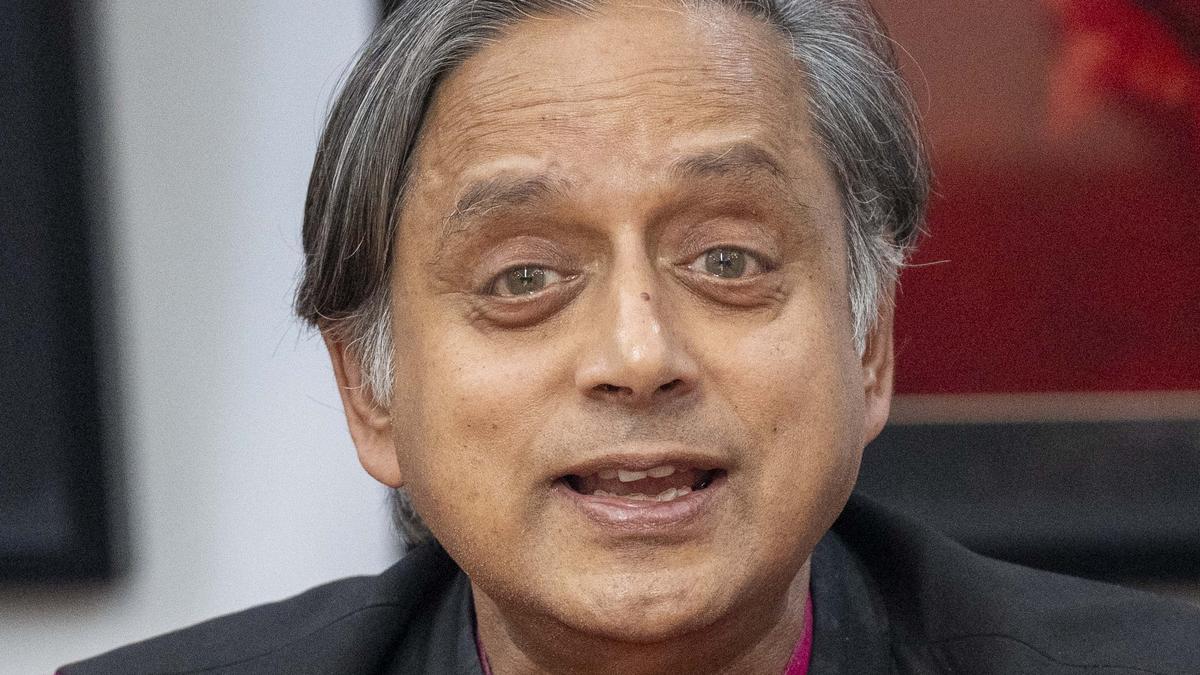Anti-incumbency, the feeling among voters against a political party and its elected representatives in power, plays a key role in elections, and the 2024 Lok Sabha polls are not an exception. Different versions of this could be at play this time in Kerala.
Both the Union and the State governments may incur the wrath of the voters for various reasons. The National Democratic Alliance (NDA) government at the Centre has been in power for the past 10 years. Apart from the stiff opposition against its Hindutva brand of politics, the Union government has also been accused of financially strangling the State by capping its borrowing limits and reducing the tax share from the Central divisible pool. The Citizenship (Amendment) Act, construction of the Ram Temple in Ayodhya, scrapping of the Article 370 that gave special status to Jammu and Kashmir, and the possibility of bringing in a Uniform Civil Code are also being widely discussed.
In the 2019 general elections, the United Democratic Front (UDF) was the major beneficiary of the anti-incumbency sentiments against the Centre. Riding also on a wave of support resulting from Congress leader Rahul Gandhi’s candidature in Wayanad, the UDF bagged 19 out of 20 seats in the State. A similar situation, however, is unlikely this time, as both the UDF and the Left Democratic Front (LDF) are looking forward to gaining political mileage from the perceived anti-BJP sentiments.
As far as the LDF government is concerned, a political front that got a second term in power is facing a general election for the first time in the State’s history. The LDF, which had formed a government led by Pinarayi Vijayan in 2016, was re-elected in 2021. Three years down the line, Opposition parties have levelled a series of corruption charges against the government. Financial scams in a few cooperative banks and the Enforcement Directorate questioning senior CPI(M) leaders have raised several question marks.
Kerala’s financial crisis
Adding to this, there is a severe financial crisis in the State. Several social security schemes are facing a roadblock. Payment of salaries and pensions of government staff and retirees got delayed for a few days recently. Government-owned fair price shops, which are a solace for the common people, are frequently facing shortage of essential commodities. The Opposition feels that all these are enough to invoke an anti-incumbency feeling against the State government. The LDF has fielded some of its popular leaders and former Ministers, such as K.K. Shailaja, C. Raveendranath, T.M. Thomas Isaac, and V.S. Sunil Kumar, and MLAs K. Radhakrishnan, M. Mukesh, and V. Joy, to blunt this sentiment. It is also blaming the delay in release of Central funds for the crisis. However, both the UDF and the NDA are actively trying to cash in on the situation.
Another form of the anti-incumbency feeling could be directed against Shashi Tharoor, Kodikunnil Suresh, Anto Antony, and M.K. Raghavan, UDF MPs from Thiruvananthapuram, Mavelikara, Pathanamthitta, and Kozhikode, respectively, who are all seeking a fourth term in office. All of them had been MPs since 2009 though Mr. Suresh has had multiple terms even before. Mr. Tharoor is facing a triangular contest as he is pitted against the LDF’s Pannian Raveendran and the NDA’s Union Minister Rajeev Chandrasekhar. Mr. Suresh’s main rival is the LDF’s C.A. Arun Kumar. Mr. Antony is contesting against Dr. Isaac and the NDA’s Anil K. Antony, the son of the former Defence Minister A.K. Antony. Mr. Raghavan’s fight is against the LDF’s Elamaram Kareem, a former Industries Minister and current member of the Rajya Sabha, and the NDA’s M.T. Ramesh. Just as voters judge the performance of the legislators in their Assembly segments, the actions undertaken by incumbent MPs in their own constituencies could also be evaluated.

 1 week ago
109
1 week ago
109


